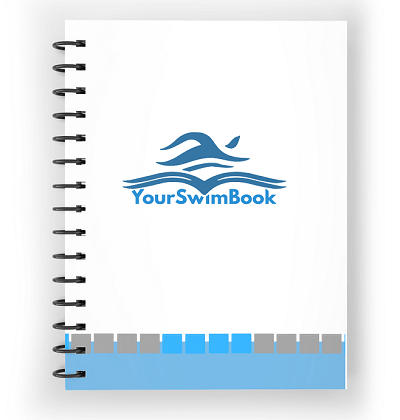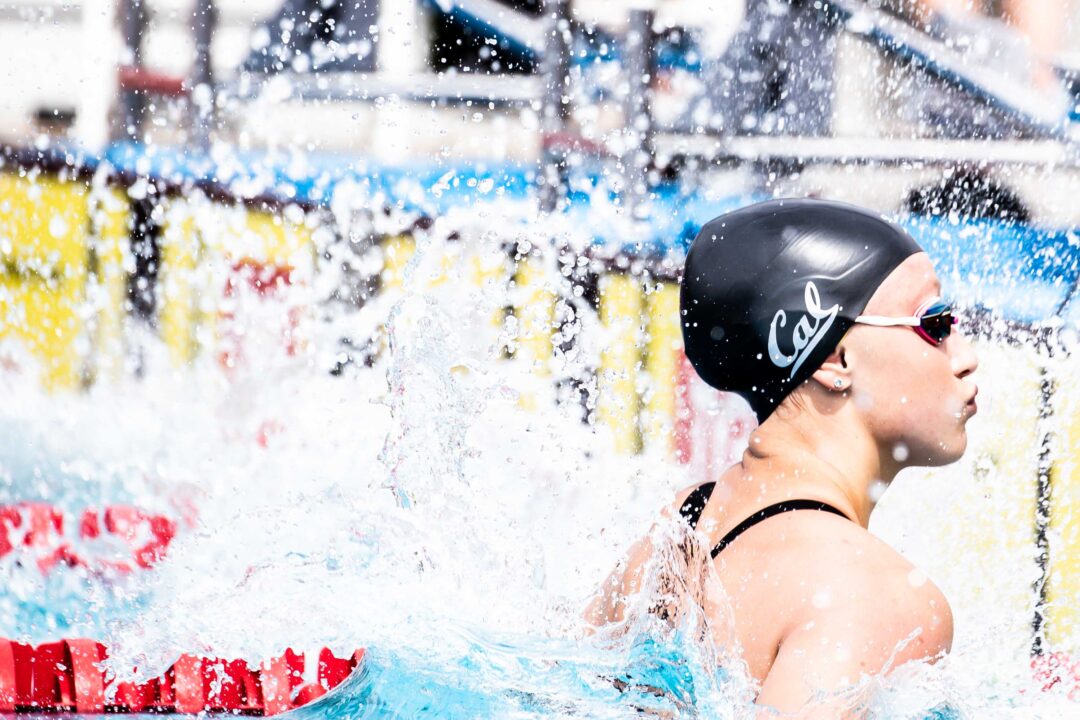You spend a lot of time in the water.
Churning up and down the black line.
Are you going through the motions…
Getting so-so better…
Or are you making the most of your time in the pool?
Here are three quick things you can start doing today to get more from your swim practices.
Let’s dive right in,
🎯 Have clear, specific things you want to spend time focusing on at practice.
Coach may be the one who writes the workouts, but it’s ALWAYS on you to decide how focused and intentional your swimming is.
And faster swimming and better workouts happen when we are proactive about the things we want to improve.
Choose a couple of things you are going to do exceptionally well at practice:
- I am going to do every turn as well as I can.
- I am going to push off with max force with a tight streamline
- I am going to swim with excellent technique from meter one until the moment practice is over.
- I am going to break out at 10m off every wall.
Your coach might be the one who is writing up the sets, but you decide how focused and intentional those meters and yards are.
🏆 Chase in-practice bests.
The swim season can feel long.
The confidence that comes from practice personal records keep us motivated to come back and work hard again tomorrow.
Keep a log of your records and bests for practice-related stuff.
They can include:
- Fastest interval you can hold for reps of 100 swim on 1:30
- How fast you can kick 200 with a board
- How many reps of 25m you can hold at 100 race pace
And so on.
The options are almost endless.
These micro goals serve as benchmarks for our swimming.
They help us stay on track.
Stay motivated.
And stay hungry to come back and dominate the next practice.
📓 Be relentless about learning how you can be better
High-performance swimmers know that swim practices are places to learn.
You are figuring stuff out.
Learning.
What’s working. What’s not. How to be better. And how to apply the lessons of triumphs and failures to move forward smarter and faster than ever.
“I don’t think anyone will ever be able to perfect the sport, and that’s kind of what I love about it,” Caeleb Dressel told USA Today. “You’re always chasing something. Even the logbooks, you’re just trying to write down what you can to try to figure stuff out. It’s like a puzzle.”
Make a point to regularly evaluate and reflect on your swimming.
Whether it’s in the pages of a logbook or in your journal or in a text file on your smartphone.
Some ways you can evaluate and learn from your swimming:
- Write out your swim practices and rate your effort to keep yourself honest about how hard you are working
- Note the times you pushed through an “impossible” set to help you realize that you are tougher than you think
- Note the self-talk, body language, and attitudes you use when you are successful (and not) in the water to build a blueprint of the mindset that helps you succeed.
And more.
Reflect on your swimming.
Learn what works best.
The fastest path to faster swimming is taking full advantage of your strengths and learning and improving on your weaknesses.
ABOUT YOURSWIMBOOK
Want to get even more from your swim practices?
YourSwimBook is a logbook and goal-setting guide designed  specifically for competitive swimmers.
specifically for competitive swimmers.
It includes a ten-month logbook, a comprehensive goal setting section, monthly evaluations to be filled out with your coach, and much, much more.
Learn how this book will help you crush your practices this season.
Coaches & Teams: Yes, we do custom orders for teams and groups. The more you order, the more you save. For a free custom quote for your club fill out this form.
